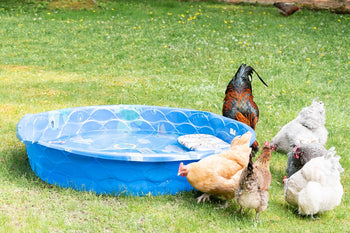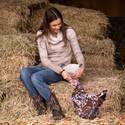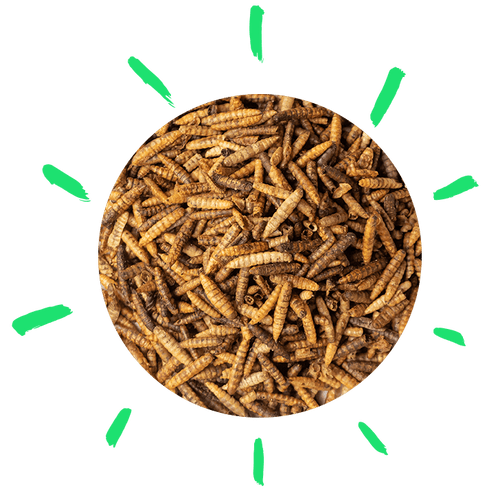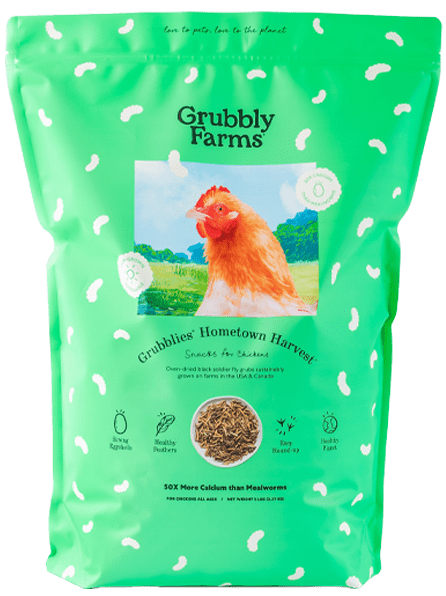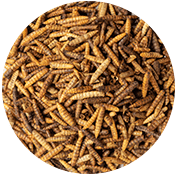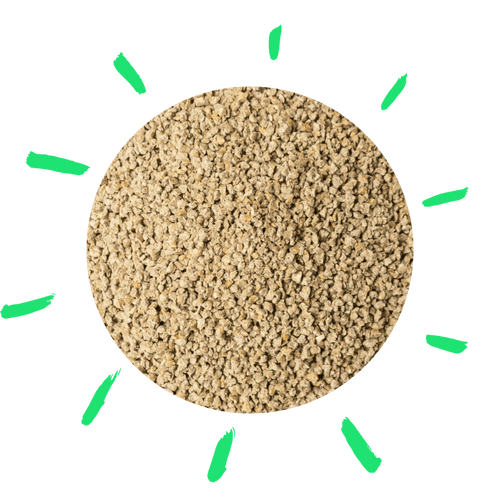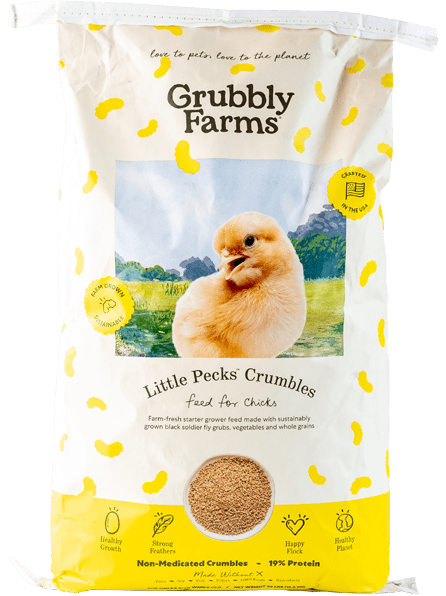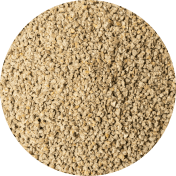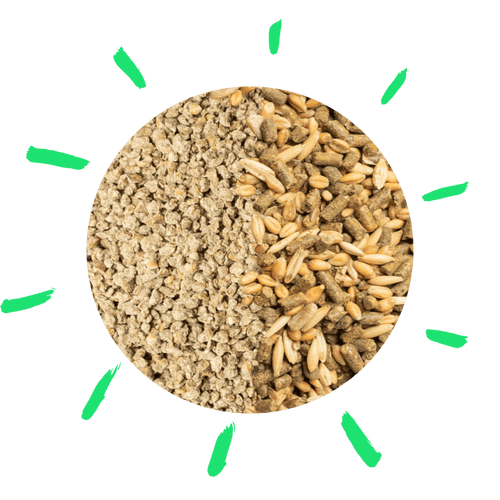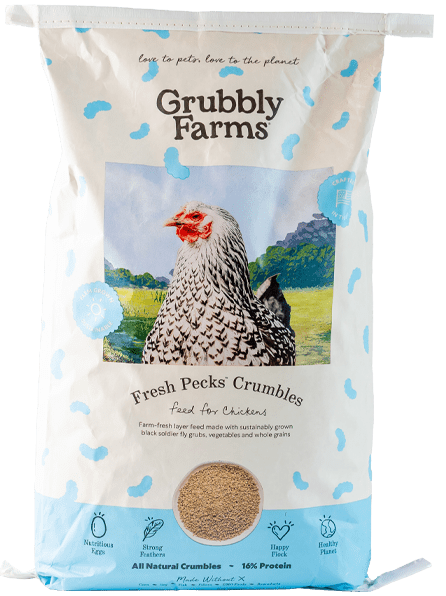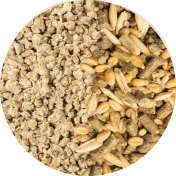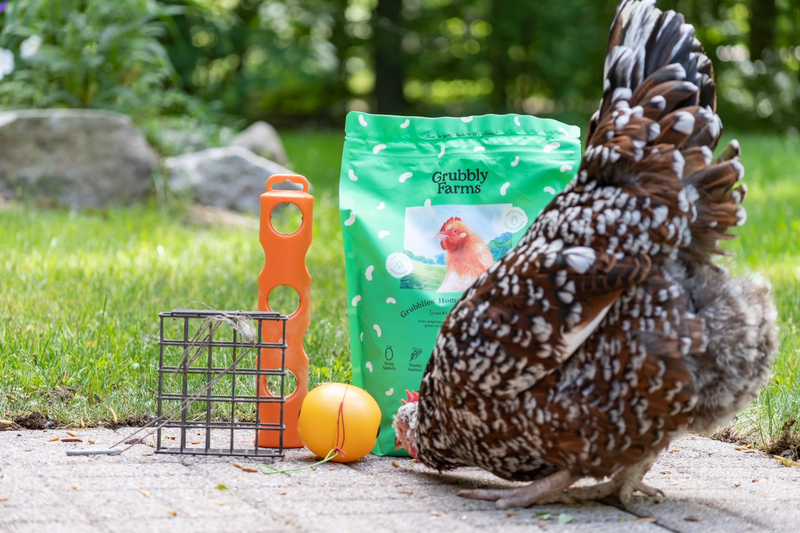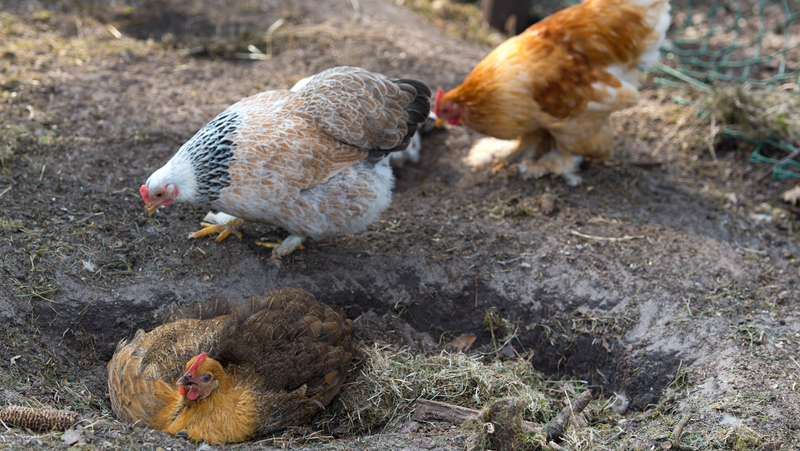Ducks and water go together like peanut butter and jelly, but what about chickens and water? Is it safe for chickens to get wet? Can they even swim? Chickens prefer to drink water rather than play in it, but sometimes getting wet is inevitable. Or maybe we sometimes want our feathered friends to join us in the pool during a hot summer day. Find out if chickens can swim and if it’s safe for chickens to get wet before sharing your pool with your flock!

Can chickens swim in water?
Yes, chickens have a natural ability to swim in water for short periods of time. However, they are not adapted to swimming like ducks and other waterfowl. Some chickens seem to actually enjoy swimming, while others don’t like getting wet at all. Just watch your flock free-ranging during a rainstorm and you will be able to tell which birds don’t mind getting wet!
In general, chickens don’t choose to swim or get very wet. However, some enabling factors may result in birds who seem to enjoy the occasional experience of swimming. Chickens who are naturally curious and docile will be the most adventurous around water.
There are some chicken breeds who should not get very wet or who will not naturally be very good swimmers. Heavy chicken breeds, like Brahmas and Orpingtons, will find it more difficult to stay afloat and swim in water. Chickens with lots of fluffy feathers, like Cochins or Silkies, are more likely to become waterlogged since they have more feathers that are less water resistant.
Chickens who are light and tightly feathered will be the best natural swimmers when given the opportunity to swim in water.

Should a Chicken Go in a Pool?
Chickens should only be allowed to swim under supervision. Giving your chickens the free-choice option to swim or not is ideal, but sometimes we want to encourage our feathered friends to get wet anyways. If you do take one of your chickens into a pool or other body of water, there are some safety measures to keep in mind so that your chicken doesn’t panic or become chilled.
Chickens apply oil to their feathers from the preen gland located on their back near the base of their tail. This oil helps keep the feathers healthy and allows the feathers to be water-resistant; however, it does not make the feathers waterproof. If chickens stay in water for too long, their feathers become waterlogged and make it difficult for them to swim. Waterlogged feathers weigh a chicken down and may lead to drowning. Drowning can occur in as little as a minute if a chicken’s feathers become waterlogged.
Keep pool time short. Supervised swim times should not exceed 15 minutes. If the chicken appears to be tiring or is getting chilled, then it’s time to end pool time. Providing a ramp for exiting the water gives the chicken an escape option to stop swimming when it chooses. During swim time, prevent the chicken from getting its head or ears wet since water can enter the ears and cause infection. A chicken with water in its ears walks around with its head tilted at an angle.
Also consider the safety of the water that the chicken is swimming in. Chickens should not drink chlorinated water. Pool water containing harsh chemicals can be harmful and even toxic to small animals like chickens.
How to Care for a Wet Chicken
Going swimming entails getting wet, and it’s easier for humans to dry off quickly than it is for a chicken who has lots of wet feathers that need to dry. However, swimming may not be the only cause for a chicken to get wet. In addition to swimming, situations such as accidentally falling into stock tanks, walking through deep puddles, or foraging in the rain can all result in wet chickens who need to dry off before they get chilled.
To dry a wet chicken, the fastest option is to use a hair blow dryer set on the lowest setting. If the weather is warm and not too humid, a thorough towel drying and time spent outside in the sunshine may do the trick for drying a wet chicken. Make sure there is no wind that could cause a wind chill factor.
Under chilly circumstances, such as during cold temperatures or windy conditions, a wet chicken should be brought into a warmer environment until its feathers have completely dried. A wet chicken can get chilled and catch hypothermia during cold weather if it is not dried off quickly. Use a heat lamp to provide some warm heat and dry the chicken’s feathers faster.
Can Baby Chickens Swim?
One important thing to keep in mind is that baby chicks cannot swim. Unlike ducklings, who can take to the water shortly after hatching, young chicks are not meant to get wet. Their fluffy down feathers are not water repellent, and a wet chick can become chilled to the point of death very quickly. It is only safe for young chickens to get wet once they have grown in their first set of juvenile feathers and have replaced all their young down feathers.
When raising chicks, it is important to keep their environment as dry and safe as possible. Set up a safe brooder for your chicks and make sure you use an appropriate water source in the brooder. Chick waterers, nipple water systems, or a shallow bowl with pebbles or marbles placed in it can prevent chicks from getting wet in their water source. When taking your chicks on outdoor field trips, make sure the grass is dry and the weather is appropriate for their age.
Why Ducks Swim Better than Chickens
So why is it that ducks are better at swimming than chickens? They're both birds, right? Ducks have special features that chickens don’t have, which allows them to remain dry and maintain a stable body temperature while they are swimming and playing in the water.
First, chicken feathers are only water-resistant, versus ducks who have waterproof feathers. A duck’s oil gland secretes oil while it is swimming to ensure that its feathers stay waterproof at all times. Ducks are also tightly feathered, which prevents water from seeping between the feathers and getting their down feathers (feathers that lay closest to a bird’s body) wet. A chicken’s oil gland is mostly meant for preening and feather health, not for waterproofing their feathers.
Second, ducks have webbed feet, while chickens only have minimal webbing between their toes. A duck’s webbed feet help propel it through the water and make ducks much more efficient swimmers than chickens. The more efficiently a bird can swim, the less tired it will become.
Conclusion
Chickens may not be adapted to swimming like ducks are, but a little swim time on occasion won’t be harmful for them as long as proper safety precautions are taken. Chickens should not be allowed to swim to the point of their feathers getting waterlogged. They should also only swim in safe water sources that do not contain strong or harsh chemicals. Wet chickens should be dried off quickly in inclement weather. Chickens can swim, and some of them even seem to enjoy swimming. Have fun with your feathered flock this summer but always keep their safety and health in mind!





